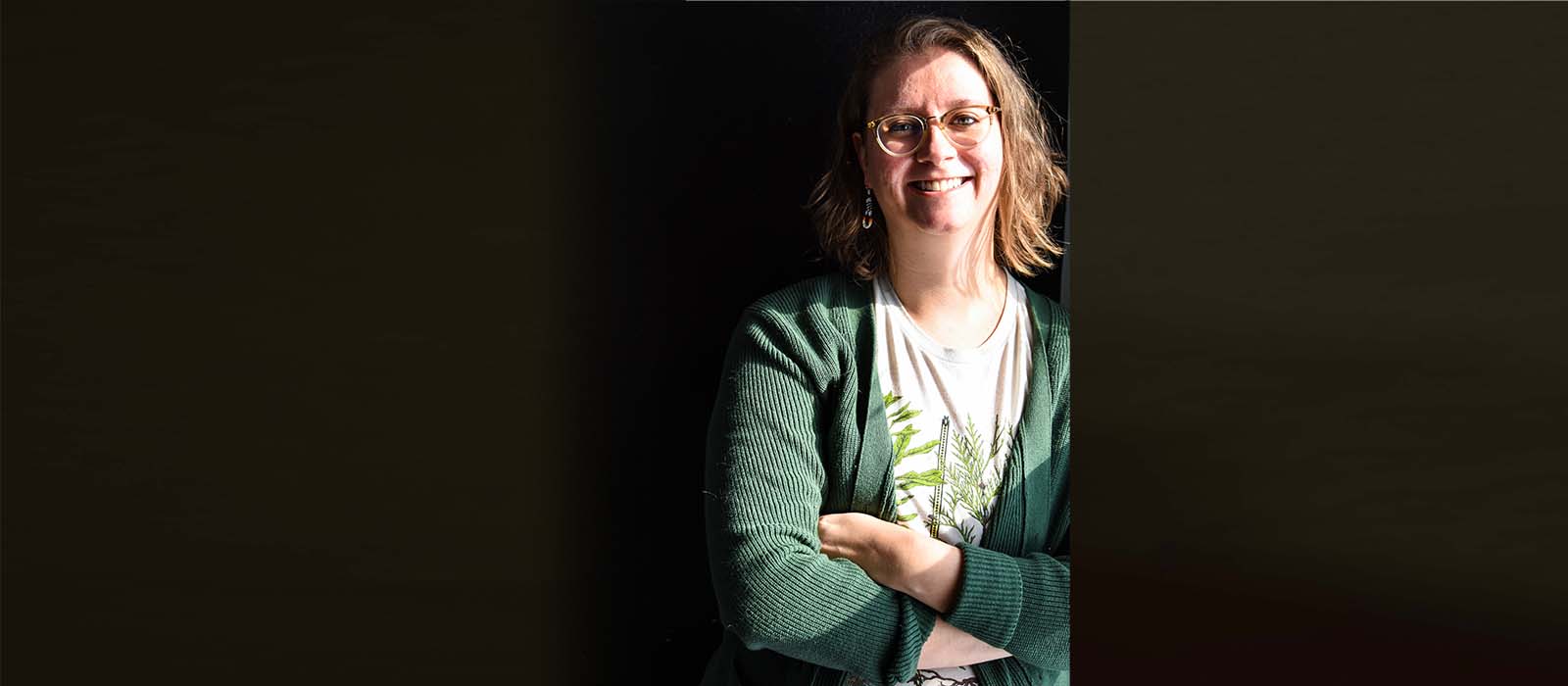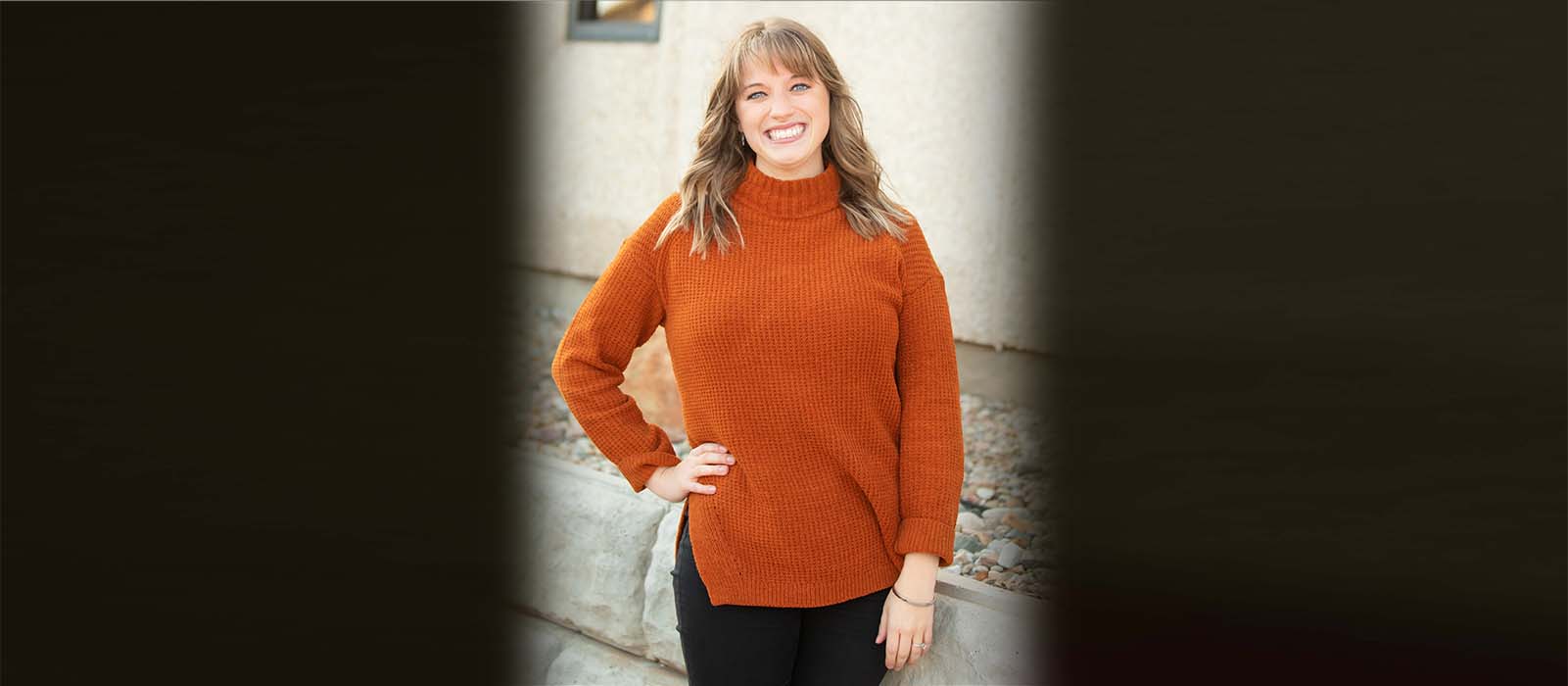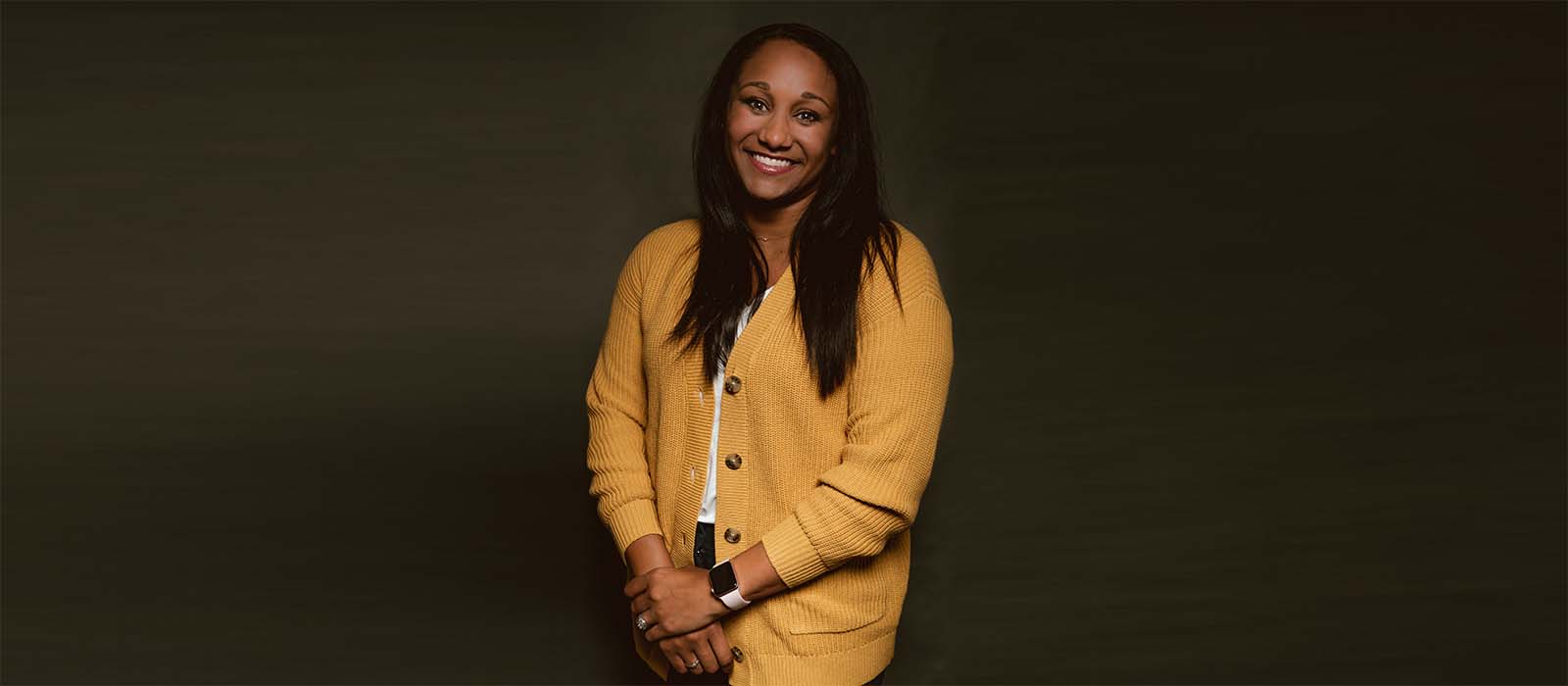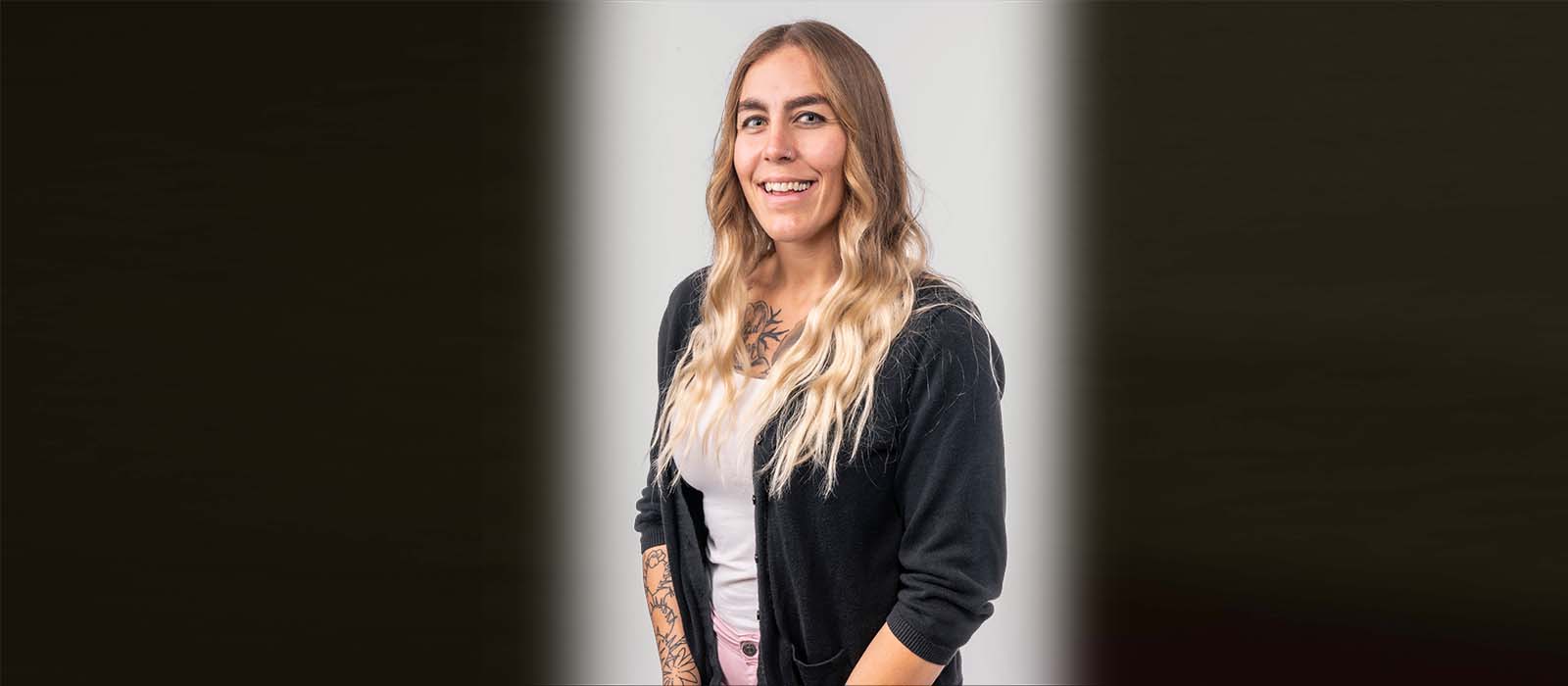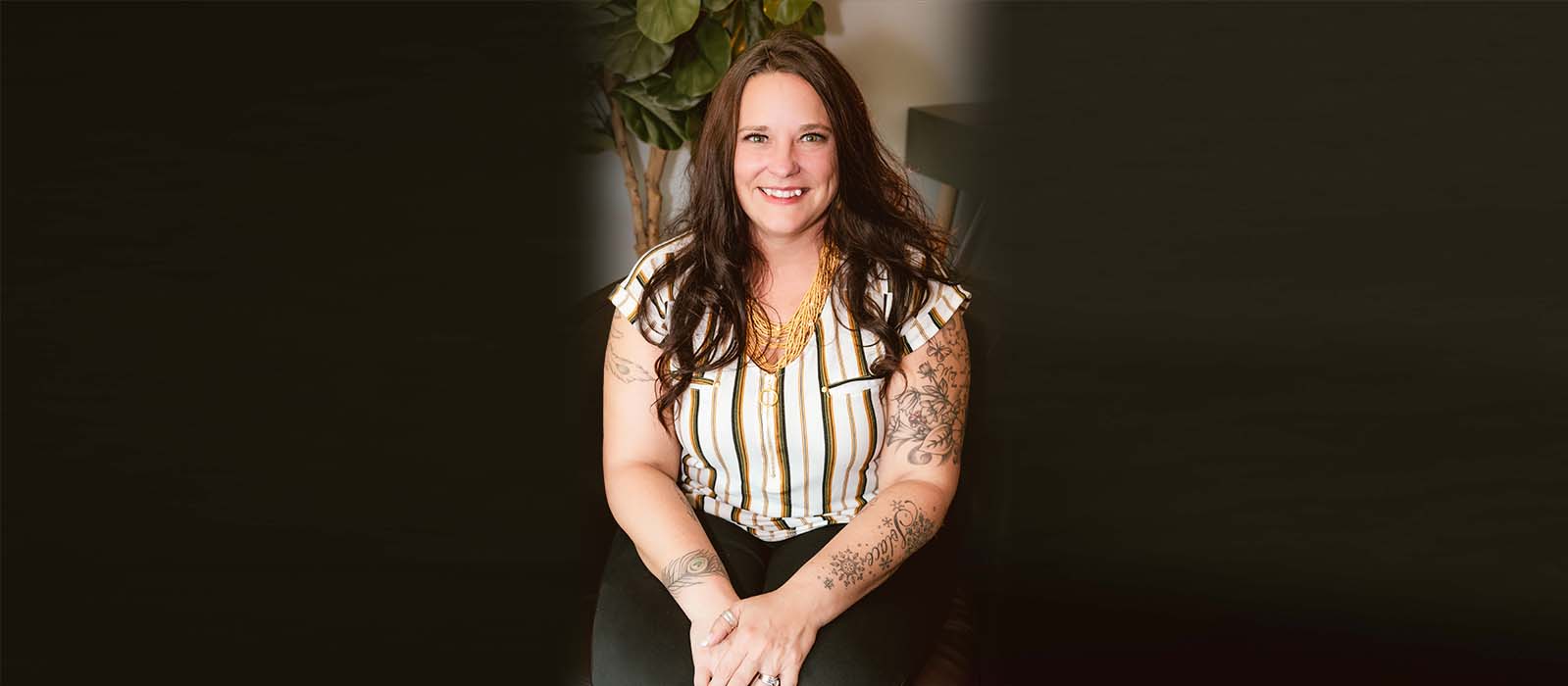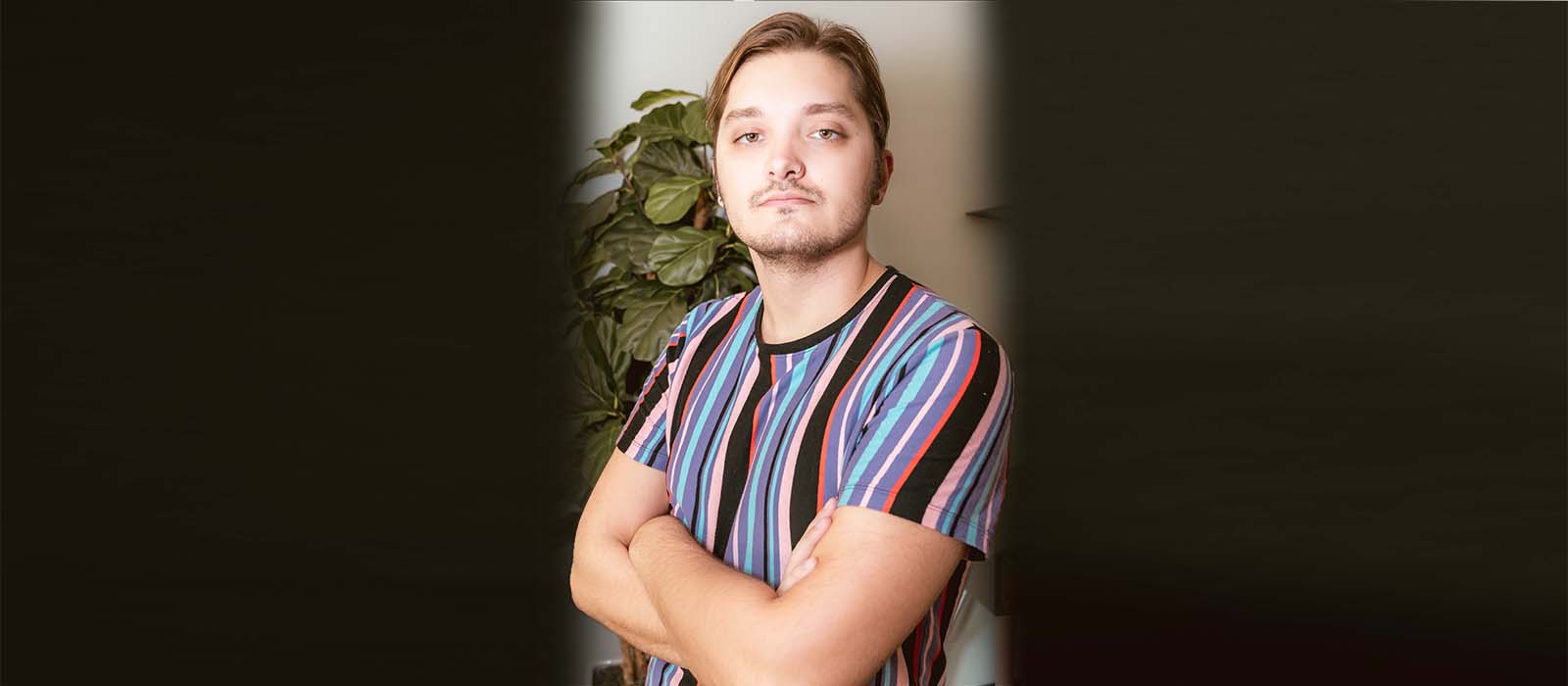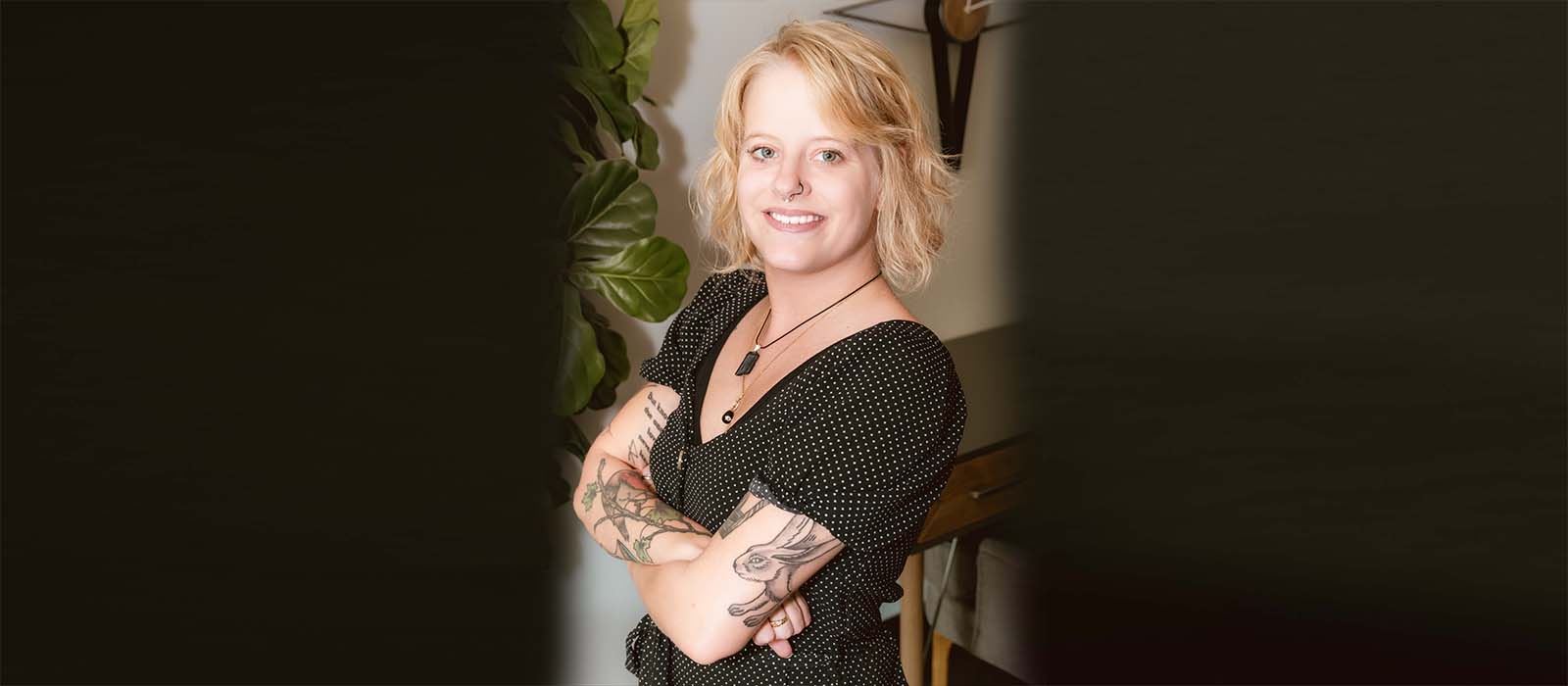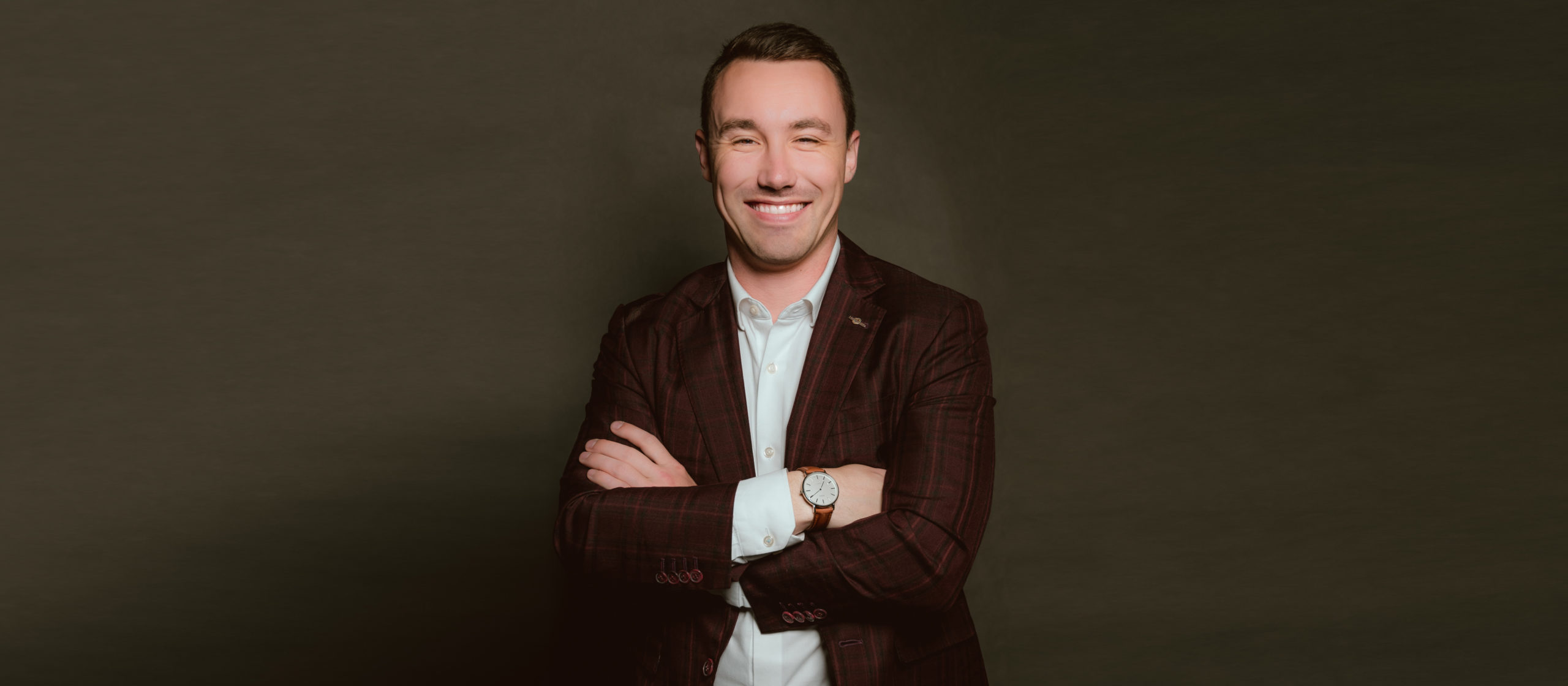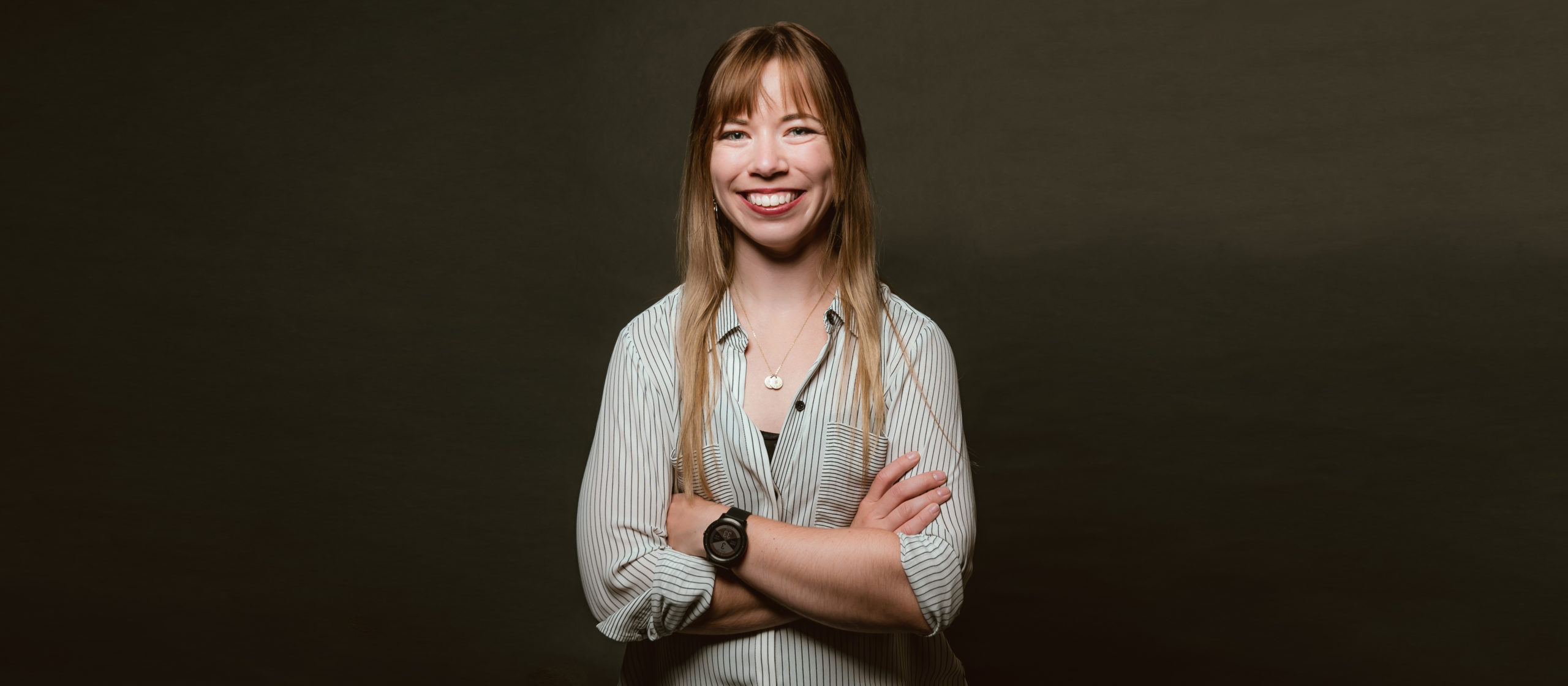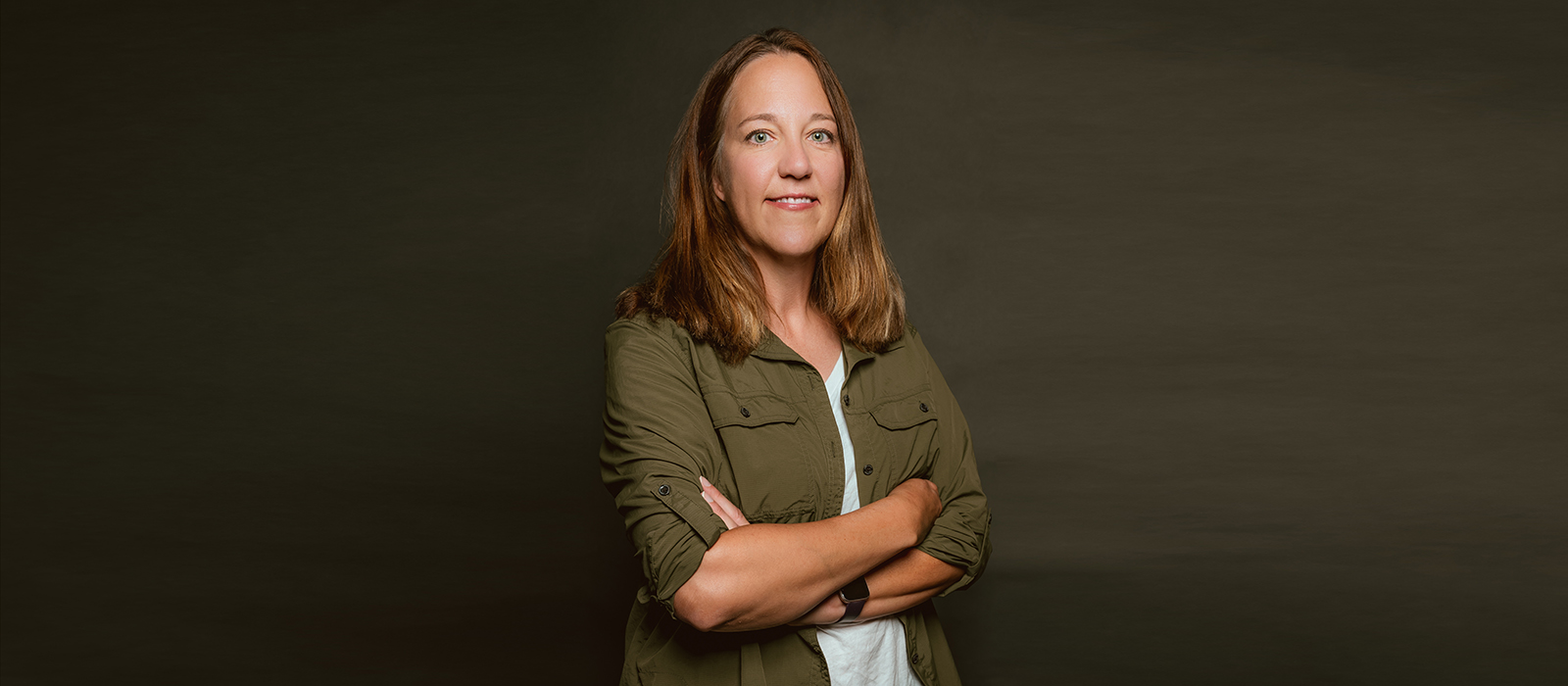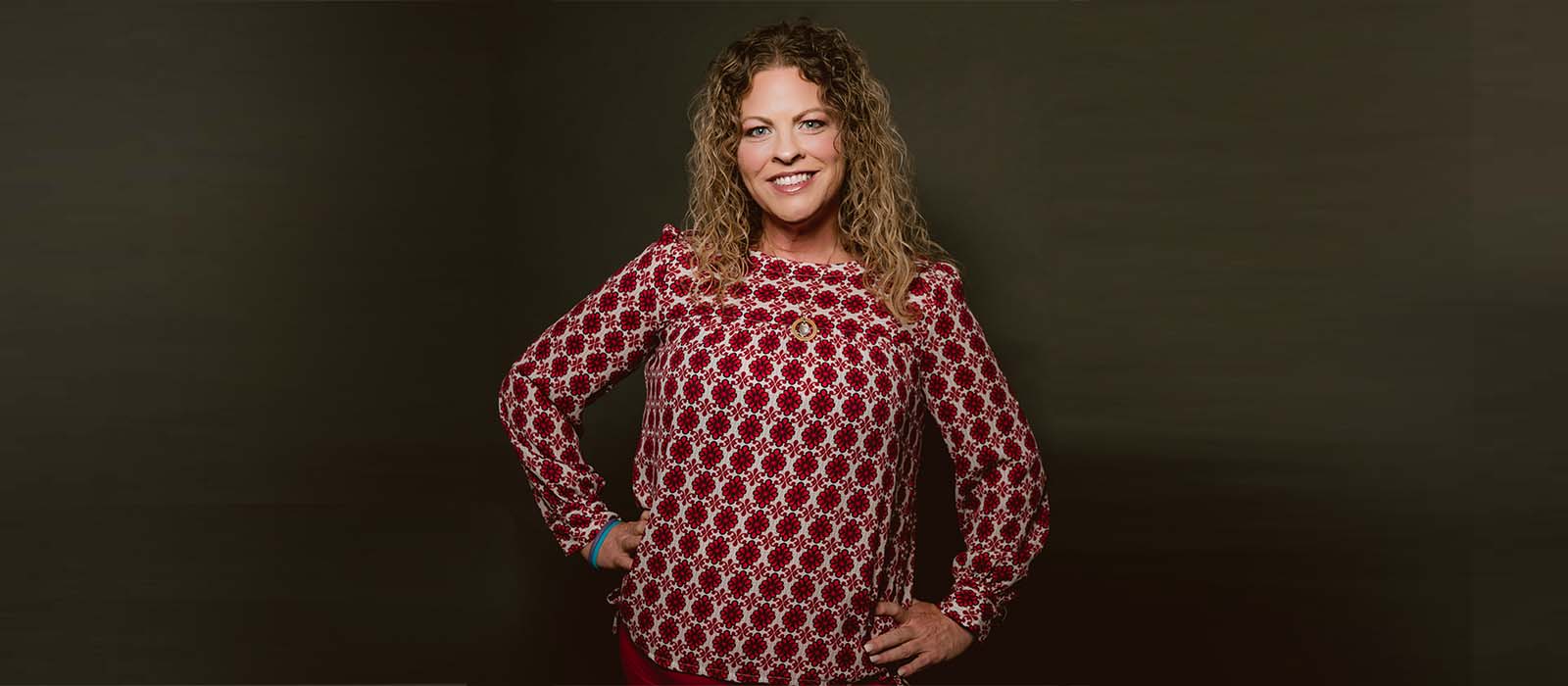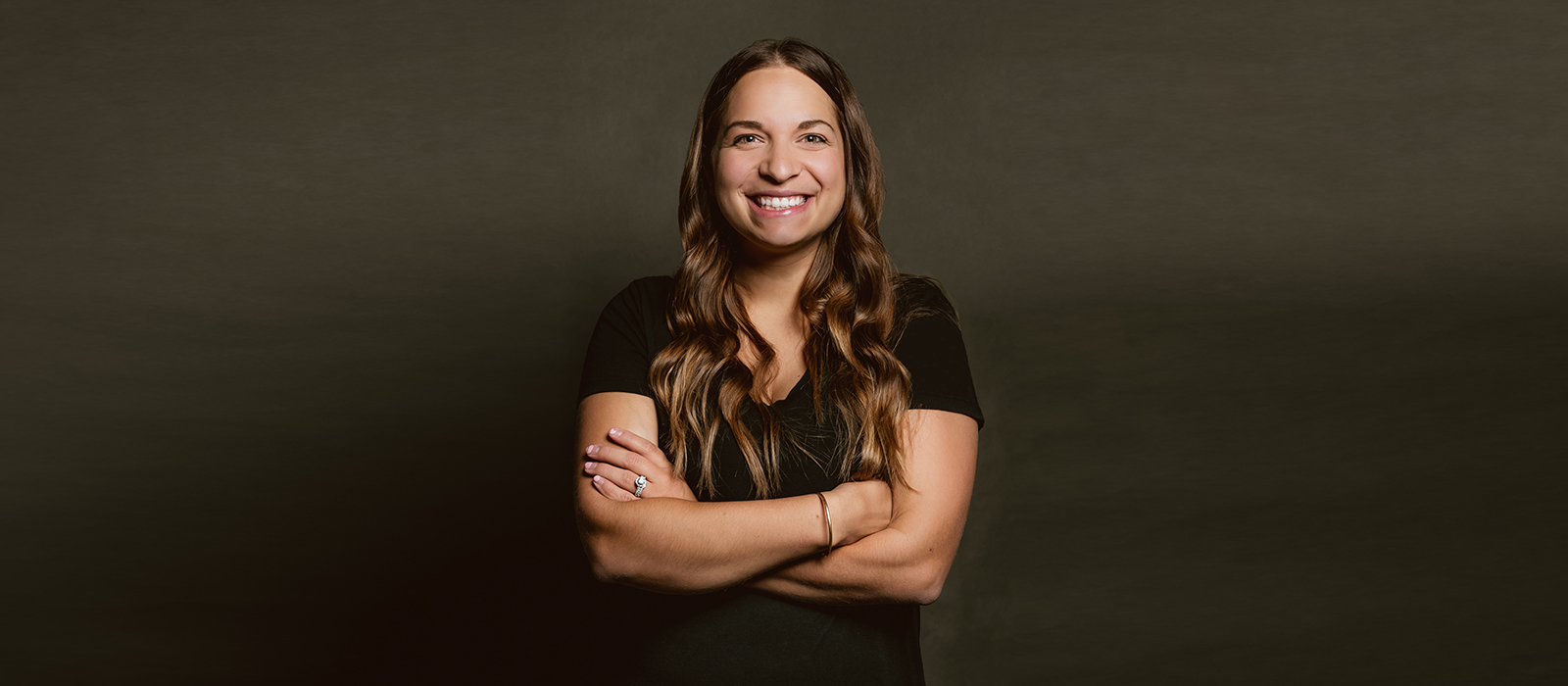What is the story related to mental health, suicide, and/or resilience that you’d like to share?
I have definitely had a challenging life. My parents had a terrible marriage that was abusive and nasty, which led to a terrible and nasty divorce. Later, my mom was diagnosed with breast cancer twice, my step-dad was also diagnosed with cancer, and after that, my dad developed lung cancer, which eventually took his life. Losing a parent is something that is supposed to happen to everyone—just not usually when you are in your early twenties planning your wedding. I thought that the most significant grief I could ever feel was those moments when I felt lost and alone without my dad or when I felt the grief of the shattered dreams of having a perfect family. Then I experienced losing both of my children.
The first time my husband, Jake, and I became pregnant, it happened right away without any issues. I dealt with the usual morning sickness, backaches, and food aversions. Until one morning, I woke up and there was blood. Lots of blood. I was 21 weeks pregnant and was going into labor. This led to the worst day of my life. We rushed to the ER where my water broke on the exam table, and I was rushed to labor and delivery. My beautiful daughter, Summer Aileen, died inside of me. This was the worst pain I have ever felt. Physically, emotionally, and mentally I suffered from grief and still do. Her loss not only rocked me to my core that day but continues to rock me when I see friends who were pregnant at the same time as me now holding beautiful healthy children, and when other families post birthday pictures of babies smashing cakes, I sit alone with a broken heart. The light in my world went out, and I clawed desperately around to get it back.
With the support of friends and family checking in, making us meals, cleaning our house, encouraging date nights and dog cuddles, the ebb and flow of grief slowly relaxed. A year later, we decided to try again, this time with a plan. I have cervical insufficiency, which means my cervix opens too early and is shorter and weaker than it should be. At 12 weeks pregnant with our second child, I had surgery to fix this issue. However, at 17 weeks, tragedy struck again when blood appeared just as it did with Summer. Once again, praying, screaming, hoping against all hope that it wouldn’t happen again, we rushed to a different ER where my son, Gabriel Jakob, also died inside of me. The weight of this second loss was once again soul crushing.
What do you do for someone who has experienced the same tragedy twice? My friends and family came around again, but this time everything seemed muted. Students at my school wrote me cards and letters yet it felt like a recurring nightmare. I’ve already done this before. I’ve already read those words. On top of our sadness, the world around us was stuck inside during the pandemic. We suffered in silence some days and screamed, cried and howled with rage during others.
Finally, slowly, we started to feel like ourselves again. I was in grad school and began writing to pass the time—and, to be honest, to avoid work and feelings. I have always used writing as an outlet but never realized how therapeutic it is for me. That form of therapy is usually the last one my brain picks for soothing, but my heart knows once my hands begin moving across the keys or page, the feelings flow out through them. I wrote social media posts discussing how pregnancy loss has affected woman after woman and the daddies, too, who are rarely mentioned. Those little miracles that are snatched away from us never leave our minds and are part of us until the day we die.
Other women would message me or come up to me to share their own stories of loss. “I was only 8 weeks but I loved my baby…” “My baby was born sleeping…” “My baby was the same age as Summer when I lost them…” These stories mattered. I knew I wasn’t alone even though my grief continued to tell me I was.
At the same time I was writing, I also began running. A group of friends from my online grad program decided it would be a great time to run a marathon because we were all locked in our houses during the pandemic. On those long runs when I trained alone, I sorted out my feelings. I grew up in a Christian home, attended Augustana University where my faith grew in new and challenging ways, and now as an adult, faith is still a focal point in my daily life. On those runs when it was just me and God, I let Him have it. I yelled at Him for taking my babies. I yelled at Him for providing the wrong doctors, for not stopping the trauma and post-traumatic stress reactions that occurred when I smelled hand sanitizer that was the same from the hospital when the entire world was obsessed with using it clearly out of spite for my situation. I yelled at Him for all the people who said, “God needed your babies more,” or “It’s all in God’s plan.” I cried so many tears alone on the trail that I bet I ran more miles with a wet face than without.
Eventually, the runs became longer and my pain became less. I looked forward to the harsh winds that pushed against me as a way to connect with my son Gabriel. I paid attention to yellow flowers and butterflies from my daughter, Summer. Together, the three of us pushed on and ran a marathon while once again I cried thinking of everything I had been through and so glad I had two beautiful angels by my side.
Resilience is a bitch. I kept moving on because I had to. Some days all I was able to do was to cross off that day on the calendar, but it was one more day that I was surviving in agony than the day before. Slowly, loudly, painstakingly, I grew and came out on the other side. I still have plenty of hard days, but now grief is more like an old friend than an enemy. The pain and anguish are really hidden feelings of love and longing. Those feelings are valid, and through this experience, I became a lover of running and writing, and a fierce advocate for women who may not believe their stories or their babies’ stories were worth telling. I am here to tell you to go run, to write a sentence, and to always tell me your baby’s name because all of those things are valid, and I’d love to hear about them.
If you would like to read any of my social media posts, check out the hashtags #summeraileen #gabrieljakob or my instagram @meganshama
What resources have helped you address this challenge?
Without the support of my friends and family, I would be a mess. In addition to them, I began following other social media accounts of women who have experienced loss like @still_a_mama, @icmamaarmy, @stilllovedbabies
I also was lucky to attend Refuel Midwest, which is a retreat for women who have experienced child or pregnancy loss. I had an emotional day in a beautiful cottage with other women who “get it,” which gave me a sense of self and once again, solidified that I am not alone and that my feelings were real and valid.
Based on your experience, how can we work to build resilience in ourselves, our loved ones, and in our communities to better face life’s challenges?
Be open. We all will experience grief. Before, mental health and negative thoughts were incredibly taboo and we never shared our feelings. Now, I don’t mean that every time you are with your tribe you tell how depressed you feel. However, have that one person, maybe your counselor or therapist, that you feel comfortable and open with to discuss it. Find people who “get you” and respect you. I have a friend who always texts me before she posts anything about her pregnancy so I can prepare myself. My other friends also know if they become pregnant or have an announcement to do with babies to tell me before and separately so I can prepare for my reaction in front of other people. Advocate for yourself and figure out your triggers—then defend your mental health and wellbeing like you defend your friends. Use phrases like, “I am not in a good place to discuss this” or “Thank you for sharing, but I need to take a break for a bit.” With social media, everything is sunshine and rainbows. The average person has to search for that sunshine and that’s okay. Normalize bad days and saying, “I’m struggling today.” Then, feel what you are feeling but also let it go. Cry if you need to cry then dry your tears and find that small sliver of light to keep pushing because honestly, it might not get better, but we are amazing creatures that can adapt to the pain we experience.
What is one thing related to mental health, suicide, or resilience that you wish everyone could understand?
I mention this again and again above, but you are not alone. Grief and depression are vicious beasts that want to isolate you to make you feel like no one understands or has ever felt like you feel that you aren’t good enough or don’t deserve to do anything. It is equally an empty and crushing feeling, but grief is wrong. Depression is wrong. You are good enough. Find that small light every day, even if it is barely enough to light your feet in front of you. Maybe it was seeing a dandelion push through the crack on the sidewalk or stopping the microwave right before it beeps. Whatever brings you a small amount of joy on those heavy days, which will happen and are valid because feelings are meant to be felt, hold on to that feeling. Even a small piece of gratitude and happiness can carry you. That is why my children have their names: Summer Aileen – My warmth and light in the darkness and Gabriel Jakob – God is with thee and after my husband who understands me and my feelings. They all help me find the light in the dark.


